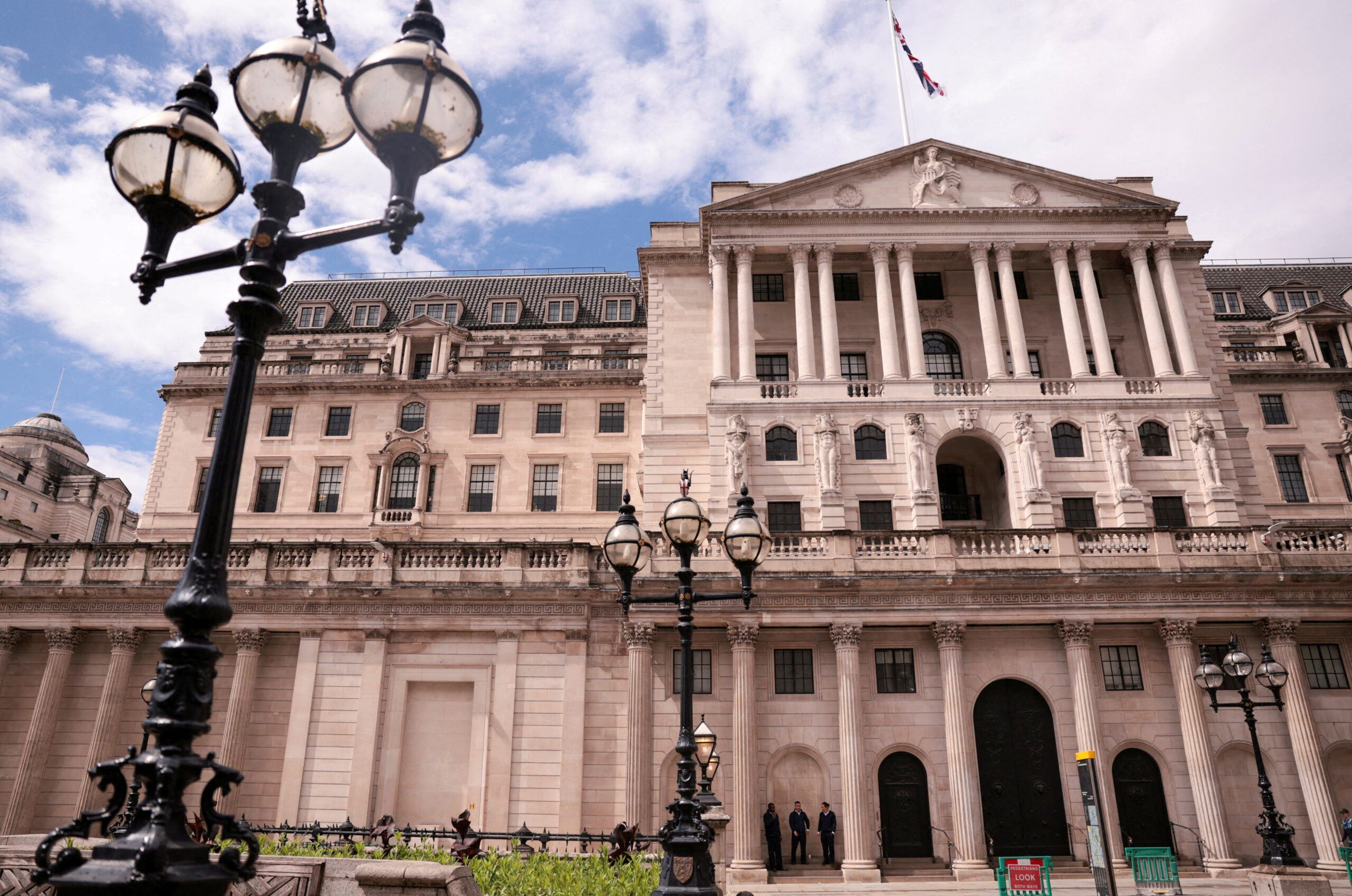LONDON – Britain’s top eight banks including HSBC (NYSE: HSBC), Barclays (NYSE: BCS), Lloyds (NYSE: LYG), and Natwest (NYSE: NWG) could be wound down in a crisis without the immediate need for taxpayer cash, the Bank of England said on Tuesday following its second ‘resolvability’ check of the lenders.
Being able to “resolve” or close down an ailing major bank without destabilizing the financial system or calling on taxpayers was a core lesson from the 2007-09 global financial crisis when many lenders had to be rescued with public money.
“Our assessment gives further reassurance that if a major UK bank were to fail today it could enter resolution safely: remaining open and continuing to provide vital banking services, with shareholders and investors – not public funds – first in line to bear the costs of failure,” the BoE said in a statement.
The BoE said that its assessment of banks, including Santander UK, Standard Chartered, Virgin Money UK, and Nationwide, found some “shortcomings” or areas for “further enhancement”, but none serious enough to hamper the resolution of a lender in a crisis.
Standard Chartered was the only bank with a “shortcoming”, related to its restructuring planning capabilities, while Barclays, HSBC, Lloyds, and Virgin Money needed to “enhance” some aspects of their plans.
The BoE said it expects Standard Chartered to address this shortcoming and will closely monitor progress. Standard Chartered said it has robust arrangements in place to maintain, test, and continuously improve its resolution capabilities.
Nationwide, NatWest and Santander UK had no material issues.
New global “resolution” rules were introduced to ensure that banks have credible plans for dealing with a collapse, such as how their deposits would be transferred to another lender, ensuring continuity of payments, and access to emergency liquidity.
However, the rules were thrown into doubt last year when the global banking sector was rocked by Switzerland forcing UBS (NYSE: UBS) to take over struggling Credit Suisse, with the deal underpinned by a 100 billion Swiss franc ($117.7 billion) central bank loan, rather than closing down the bank.
After the U.S. parent bank collapsed, the BoE also had to step in last year to resolve Silicon Valley Bank’s UK subsidiary.
The BoE said on Tuesday that those events demonstrated the importance of international authorities’ commitment to ensuring the resolution framework and plans for globally systemic banks remain credible.
“Resolvability will never be ‘done’ and there will always be lessons to learn from putting the regime into practice,” BoE Deputy Governor Dave Ramsden said in a statement.
Given the “significant progress” since the first test, the BoE said it would postpone the next check by a year to 2026-27.
(Source: ReutersReuters)













